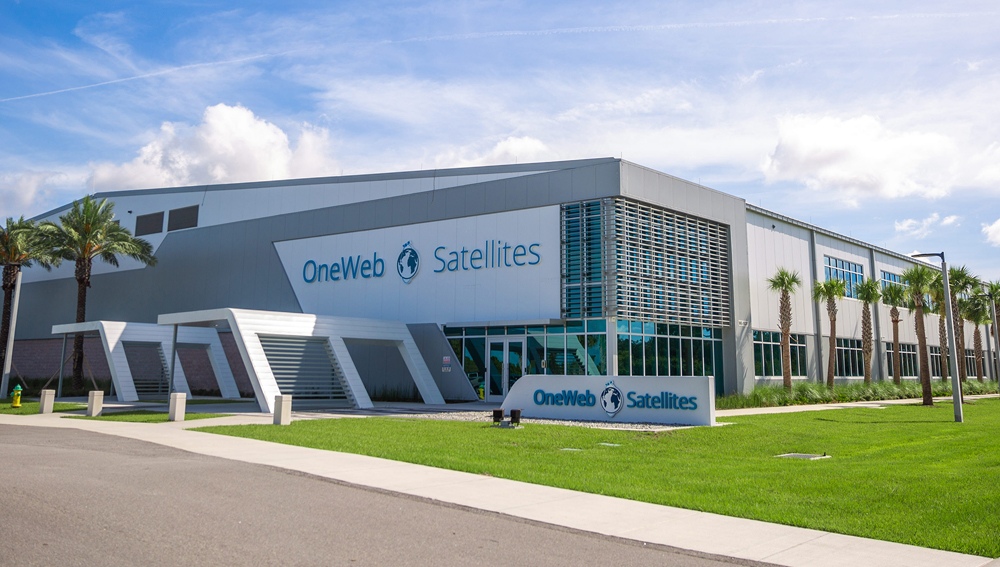TAMPA, Fla. — OneWeb on March 2 ordered staff to leave Russia’s Baikonur Cosmodrome in Kazakhstan amid an impasse over the planned March 4 launch of its latest batch of satellites on a Soyuz rocket, an executive for the U.K.-based company said.
Chris McLaughlin, OneWeb’s chief of government, regulatory affairs and engagement, told SpaceNews it decided to leave the Russian-controlled launch site after Roscosmos issued an ultimatum on the mission.
With geopolitical tensions rising amid Russia’s invasion of Ukraine, Roscosmos Director General Dmitry Rogozin said the planned March 4 launch could only go ahead if OneWeb guarantees the satellites would not be used for military purposes, and the British government divests its stake in the company.
“There’s no negotiation on OneWeb: the UK Government is not selling its share,” U.K. Business Secretary Kwasi Kwarteng said in response.
Roscosmos issued its ultimatum via Twitter March 2 shortly after the Soyuz rocket carrying 36 satellites was rolled out to the pad.
In a further sign of fraying relations, Rogozin posted a video on Twitter purportedly showing OneWeb’s livery being removed from the Soyuz rocket.
Стартовики на Байконуре решили, что без флагов некоторых стран наша ракета будет краше выглядеть. pic.twitter.com/jG1ohimNuX
— РОГОЗИН (@Rogozin) March 2, 2022
“The launchers at Baikonur decided that without the flags of some countries, our rocket would look more beautiful,” Rogozin tweeted in Russian, according to a translation.
France-based Arianespace, which has a contract with OneWeb to launch the constellation and has so far deployed 428 of its 648-strong network on Soyuz rockets over 13 missions since February 2019, declined to comment.
Prior to Russia’s Feb. 24 invasion of Ukraine, OneWeb expected to deploy the remaining satellites in its planned constellation by the end of August to provide global services.
Another potential wrinkle
Widening sanctions and worsening relations between Russia and the West also pose manufacturing questions for OneWeb.
Although OneWeb builds its satellites in Florida under a joint venture with Airbus, it uses spacecraft thrusters imported from Fakel, a Russian propulsion company.
Airbus highlighted Airbus OneWeb Satellites’ cooperation with Fakel for OneWeb’s constellation in a news release ahead of a Moscow airshow last summer.
The companies have not disclosed how many satellites still need to be built to complete OneWeb’s constellation, or whether enough thrusters have been stockpiled.
Airbus OneWeb Satellites spokeswoman Molly Townsend and Airbus U.S. Space & Defense spokeswoman Morgan Keese directed questions about the thrusters to OneWeb, which declined to comment.
It is also unclear whether the OneWeb-derived satellite platforms that San Francisco-based condosat operator Loft Orbital ordered from Airbus in January are designed to use Fakel thrusters. Ten of the more than 15 buses Loft Orbital ordered are intended for customer EarthDaily Analytics of Canada.
Loft Orbital co-founder and CEO Pierre-Damien Vaujour did not immediately respond to a request for comment.
